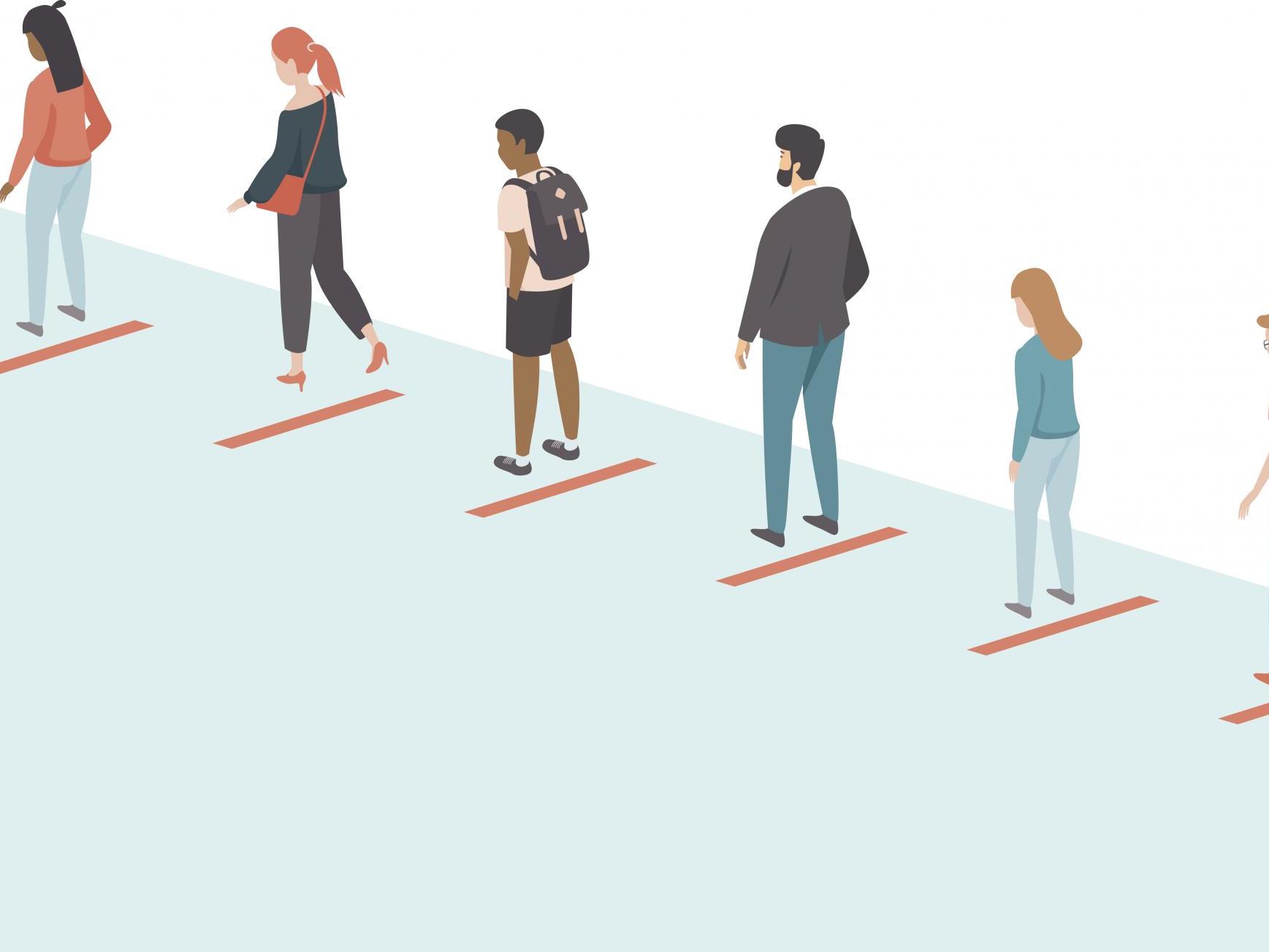Pubs reopening will not be the triumphant homecoming we dreamed of. Returning to the world will be slow and scary
'Super Saturday' on 4 July will see mass easing of lockdown but we are wrong to presume that it will be a watershed moment in our Covid-19 story

Your support helps us to tell the story
From reproductive rights to climate change to Big Tech, The Independent is on the ground when the story is developing. Whether it's investigating the financials of Elon Musk's pro-Trump PAC or producing our latest documentary, 'The A Word', which shines a light on the American women fighting for reproductive rights, we know how important it is to parse out the facts from the messaging.
At such a critical moment in US history, we need reporters on the ground. Your donation allows us to keep sending journalists to speak to both sides of the story.
The Independent is trusted by Americans across the entire political spectrum. And unlike many other quality news outlets, we choose not to lock Americans out of our reporting and analysis with paywalls. We believe quality journalism should be available to everyone, paid for by those who can afford it.
Your support makes all the difference.It was going to be the ultimate crossover between Christmas Eve and the World Cup match when England beat Colombia 4-3 on penalties. The atmosphere at the pub would be electric, so busy you could barely move, full of friends and family you hadn’t seen in months, and strangers who quickly became friends, such was the strength of the camaraderie forged in the months spent fighting coronavirus.
We would all feel like winners; defeating one of the biggest threats in our lifetime would make anyone want to buy a round; break out into spontaneous cheers and tears, chant: “NHS! NHS! NHS!” at the mere mention of Clap for Carers; hug the bouncer, the barman and that man you just met at the urinal. It would be a scene akin to the feeling you get during a 3am play of “Mr Brightside” at a wedding.
Across the country grandparents would be meeting newborn babies for the first time, house parties would spill out onto streets, and the smell of over-cooked BBQ would waft from every garden. The government would need to declare a Bank Holiday, and everyone would get a hug from their mum.
At the start of lockdown – when we were obsessed with Tiger King and changing your Zoom background legitimately seemed like a funny joke – it was easy to imagine this mythical day would arrive. On 23 March we lost our freedoms overnight. Lockdown was a necessity to protect us, and so, we speculated, once the threat was gone things would revert back to normal just as quickly as they had deviated from it.
This fanciful “lockdown exit” (Lexit? Loxit?) day would be marked in the calendar as the definitive end to our period of house arrest: Boris Johnson would stand behind a podium and declare with confidence that the invisible mugger had been apprehended, we could breathe a collective sigh of relief and call our friends to make plans for the weekend. We now know that is not going to be the case.
On 4 July, the UK will see the biggest relaxation in lockdown rules in England so far – the reopening of pubs, restaurants, cafes, hairdressers, museums, galleries, permission to stay overnight at another household – all things we could never imagine we would be stopped from doing in the first place. Coined “Super Saturday” it conjures images of mass celebration and Chris Witty doing the conga.
But there will be no running back into the world like the school doors have been flung open at the start of the summer holidays. Instead we will tentatively step out from our hibernation, one foot at a time.
Far from a nationwide desire to break out the Union Jack bunting and get the beers in, the knowledge that the virus continues to be in general circulation, and that we have no vaccine to treat it, means many will stay behind closed doors, fearful and concerned. (Not least those in Leicester who have been made exempt from all easing due to a spike in cases, nor in the devolved nations where rules are based on different roadmaps, nor those still shielding).
For the rest of the population – yes, we could all go to the pub, but having to book in advance, sit between sanitised Perspex screens, stay with your household group at all times, and give over your details for NHS Test and Trace purposes on the way in, hardly has the “last-days-of-Rome” vibe we were all dreaming of.
And even if you do see friends and family – who among us could hug our parents with unbridled love and enthusiasm without the nagging fear that you could still be carrying the virus? Even raising a toast to post-lockdown life will no longer give the satisfying clink as you hover your glass a noticeable few inches away from each other to avoid touching.
The government needs us to return to the world with confidence: to kickstart the economy, to get people back in work, and to begin to unpick the generational mental health issues this pandemic will have undoubtedly caused. But Super Saturday will not be that watershed moment.
Coronavirus was labelled the “great equaliser”, but just as the untruth of that could now not be more apparent, the discrepancies in post-lockdown life will soon become clear. While 4 July may be an opportunity for some to enjoy their first pint after 100 days at home, for many more it will be merely a symbolic starting point on a long, slow, and boring road out of lockdown – the end of which, remains a mystery.
Join our commenting forum
Join thought-provoking conversations, follow other Independent readers and see their replies
Comments